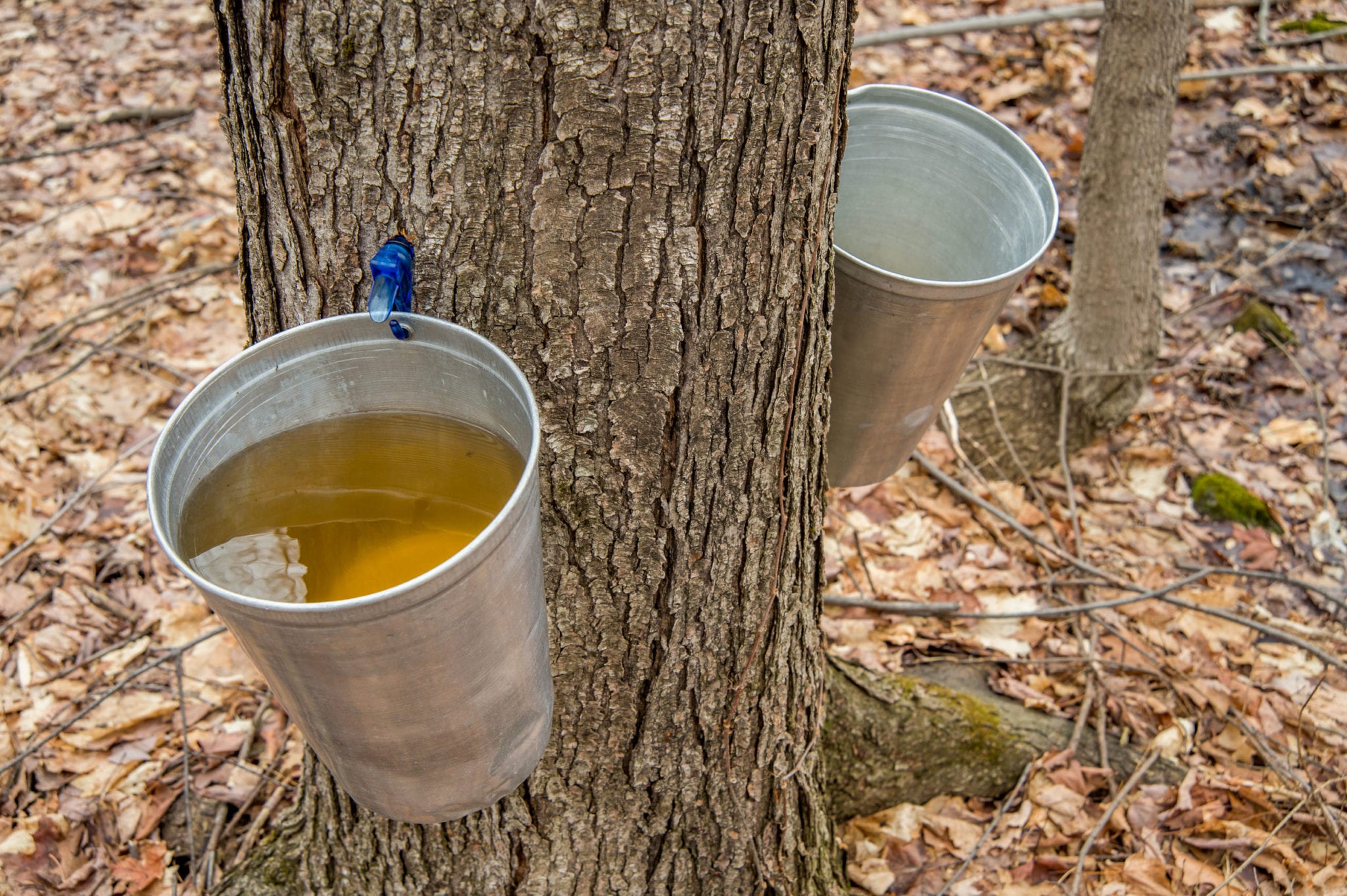
Traditionally, residents of Ely, Minnesota have tapped the city maple trees to harvest syrup for themselves and for friends. Recently, however, a team of out-of-towners have been tapping the trees without permission – allegedly for commercial gain – and some residents are fed up.
How fed up?
So much so that they wanted the city council to impose a $2,000 fee for out-of-town tappers.
The council did not approve that proposal, and police have decided not to press charges against the so-called thieves. However, the council is considering an ordinance that will ban out-of-town tapping in the future.
Strange though it is, the story raises important questions about what is and isn’t considered theft under Minnesota law. Below, we’re going to detail the statute and the different, specific acts it covers, the talk about how stealing is penalized in our state.
What the Minnesota Theft Laws Cover
The definition of theft according to the Minnesota statue is when an individual acts with intent to conceal, use, transfer, take, or retain property that belongs to someone else, and intends to permanently deprive that person of possession of that property.
Other forms of theft include the following:
- Using intentional deceit or false representation on another person to get a title, custody, or possession of property or services
- Issuing a false money order, draft, or check
- Failing to return or pay for rental or leased property
- Not making reasonable attempts to return lost property to its owner
- Agreeing to return property only when compensated or rewarded
- Filing a fraudulent claim for medical purposes
- Intentionally misrepresenting reimbursement claims to an employer
- Swindling, tricking, or using artifice to obtain property or services
- Failing to make a required deposit before obtaining property or services
- Taking a trade secret
- Altering, obliterating, or removing vehicle identification or serial numbers
- Driving or taking a motor vehicle without permission from the owner
- Taking motor fuel without paying
- Depriving the rightful owner of telecommunications or cable television services
- Fraudulently diverting or distributing corporate property
Any thefts that fit these definitions are punishable by Minnesota laws.
Penalties for Theft in Minnesota
Thefts are punished according to the dollar value of the property or services taken. Here is a breakdown of the charges that will apply.
Less than $500 in Property or Services
This is often termed petty theft, because it is the most minor possible form of theft in Minnesota. A conviction will result in up to 90 days of imprisonment, a fine of up to $1,000, or both.
Between $500 and $1,000 in Property or Services
A conviction at this level will result in up to one year of imprisonment, a fine of up to $3,000, or both.

Between $1,000 and $5,000 in Property or Services
A conviction at this level will result in up to five years of imprisonment, a fine of up to $10,000, or both.
These penalties will also apply if the theft is of a controlled substance in Schedule III, IV, or V. They will apply if the individual has a prior theft conviction within the last five years and the property is valued between $500 and $1,000. Even if the prior theft conviction occurred outside of Minnesota, this penalty can apply.
Other reasons this penalty will apply is if the theft occurred during a disaster or riot, if the theft is of a motor vehicle or public or court record, or if it was taken from a coffin, grave, or corpse. In these cases, the value of the stolen property is $1,000 or less.
Between $5,000 and $35,000 in Property or Services
A conviction at this level will result in up to 10 years of imprisonment, a fine of up to $20,000, or both.
These penalties will also apply if the theft was of a trade secret, an incendiary or explosive device, or a controlled substance in Schedule I or II, except for marijuana.
Over $35,000 in Property or Services
A conviction at this level will result in up to 20 years of imprisonment, a fine of up to $100,000, or both.
If the theft was of a firearm, or if other aggravating factors exist in certain circumstances, these penalties apply.
In addition to these criminal penalties, an offender can be held liable for civil penalties. The property owner can sue for damages equal to the property value at the time of the theft. Punitive damages also apply for the greater amount of either $50 or 100 percent of the property value.

If you are facing theft charges, call an experienced Minnesota criminal defense attorney today for a free case review. We will work hard to protect your rights and reputation.
About the Author:
Christopher Keyser is a Minneapolis-based criminal and DWI defense attorney known for fighting aggressively for his clients and utilizing innovative tactics to get the most positive results. He has been featured in numerous media outlets due to the breadth and depth of his knowledge, and recognized as a Minnesota Super Lawyers Rising Star (2014–2015), a Top 100 Trial Lawyer (2013–2015), and a Top 40 Under 40 Attorney (2013–2015).





